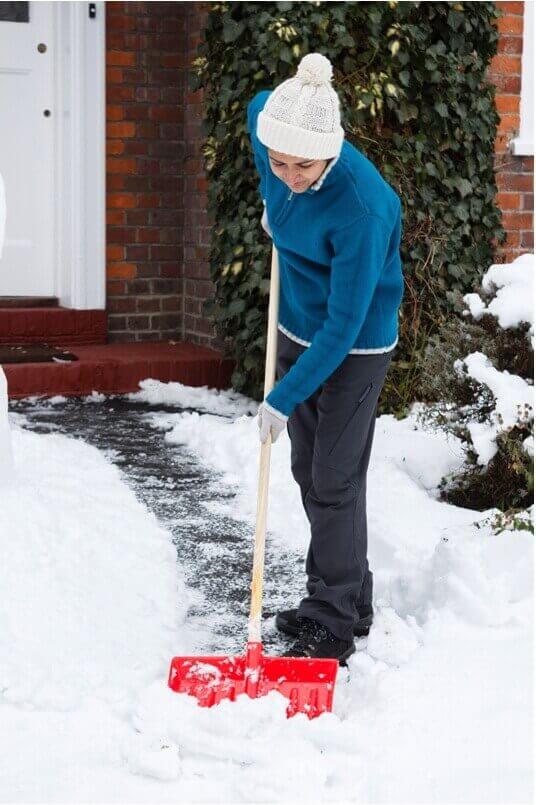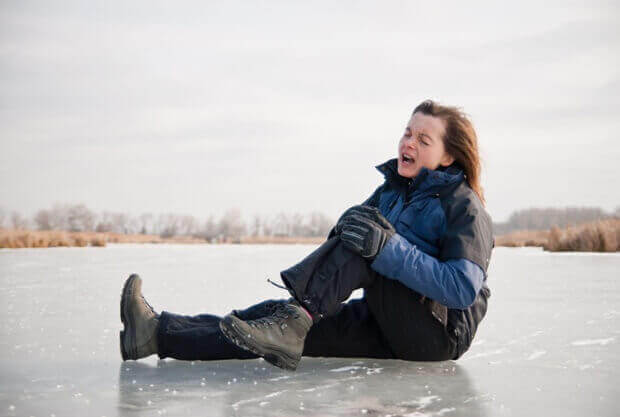We all know that there are all kinds of different reasons that a person might fall down and injure themselves. Uneven walkways can cause people to trip. Spills that haven’t been properly cleaned or marked in stores and other areas are known to put people on their backs. And, of course, the weather can cause a significant uptick in the number of falls that occur.
Unlike other areas, of the country, Floridians don’t really have to worry about snow and ice causing more falls. But that doesn’t mean we’re exempt from weather related problems. Instead of the cold, we have to fear the wet from hurricanes, thunderstorms, and the like.
Now, plenty of information is out there telling you what to do after a fall. But while it’s incredibly useful to know what you should do if you suffer a fall yourself, there’s something else that’s even more helpful – learning how to avoid a fall altogether. Naturally, there are plenty of things that you can do to take better care when you’re out and about, buta new University of Michigan study has come up with a way to tell you when you shouldn’t go outside at all – a Slipperiness Index.
What Exactly Does the Slipperiness Index Tell You?
The idea behind the Slipperiness Index is to let people know when the weather outside mathematically increases their chances of not just suffering from a slip and fall, but actually suffering a fracture. The Michigan study was able to create a scale from 0 to 7 and determine how much more likely people are to get hurt at different points along the scale.
For example, if you knew that your risk of falling and breaking a hip was going to go up 21 percent because the Index read 4 for that day, you might decide to stay home and go out the next day. In this way, it is similar to how the Air Quality Index uses numbers from 0 to 500 to tell you how polluted the air in your area is (anything over 300 is generally considered bad), or the smog alerts used by environmental agencies in many cities.
Fewer Falls Favors the Aging
If this kind of thing catches on and cities all over start using it, there’s a chance that it could significantly lower the number of falls that plague our country – almost 9 million as of 2011. Fewer falls will mean fewer injuries and less time spent in the emergency room repairing broken bones.
This is especially important to Florida’s burgeoning elderly population, because older people are far more likely to experience a significant injury if they fall. By creating a sort of “early warning system” like the Slipperiness Index, more senior citizens will be able to avoid the most dangerous days and stay safer.
No Index to Warn You About Others’ Negligence
Unfortunately, while many slip and fall accidents are caused by inclement weather, a lot of them are due to the negligence of people and organizations in your area. So far, no one has ever heard of any researchers coming up with an index to warn you about times when negligence is going to be worse than others, which means you just have to be wary. And if you do fall because someone else created an unsafe environment, make sure that you contact us as soon as possible so that we can work hard to help you get the compensation you deserve.




